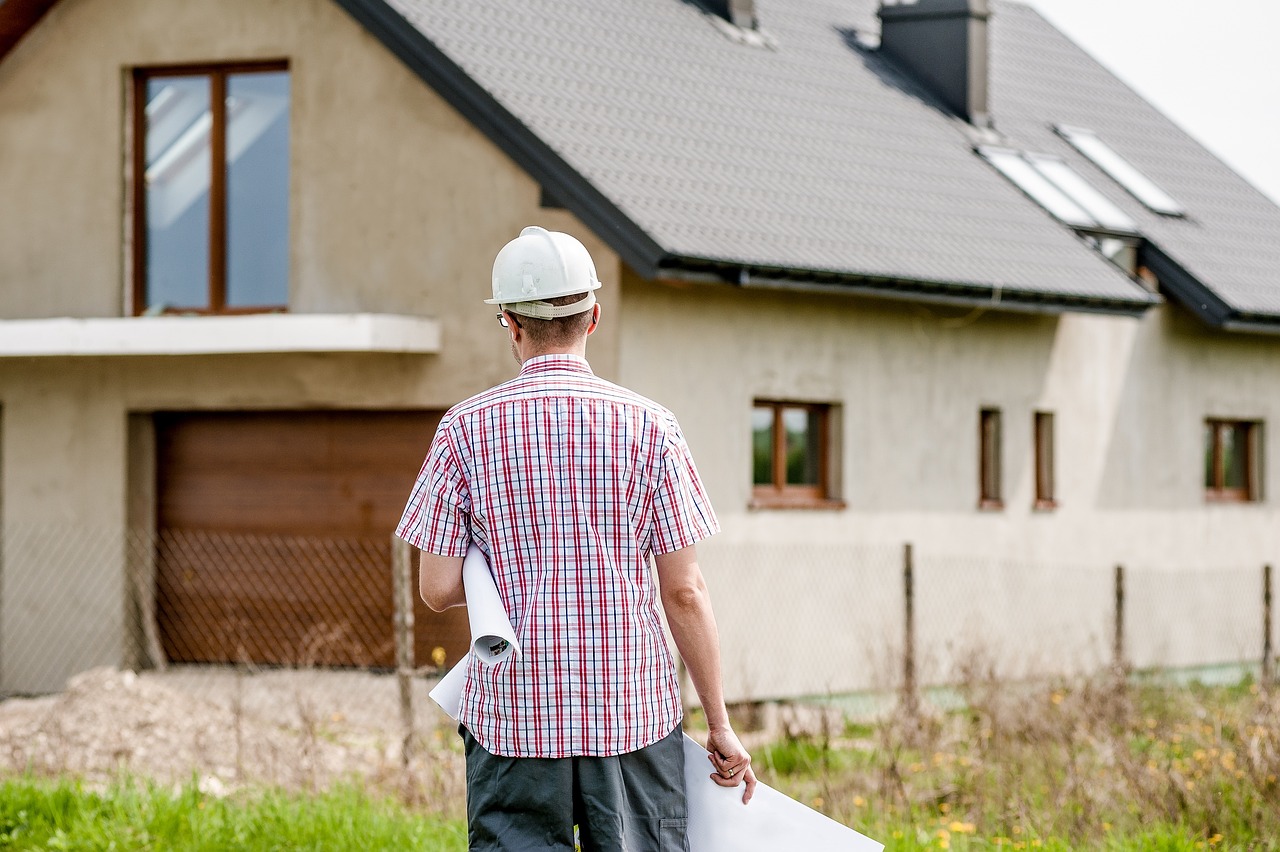Health and safety in the home is an important issue to consider when the home is where the caring of your loved one takes place. And if you’ve hired a nanny, senior care companion, housekeeper, or other domestic worker, it has become a workplace for your employee. Whether your senior loved one decides to stay in his or her home or to live in your home, the home must be made and kept safe. Up to half of all home accidents could be prevented with home modifications and repair. Home modifications for seniors enable safety and allow people to stay in their homes longer.
Types of Senior Care Home Modifications
Adapting homes for safer and friendlier senior environments can encompass some quick and easy fix measures, as well as full renovations. Modifications can include installing:
- lever-style door and sink handles
- bathroom grab bars (shower and toilet)
- improved lighting and installing night lights
- handrails (on both sides of stairs and ramps)
- wider doorways for wheelchair access
- stairway chair lifts
- walk-in/low curb or curbless showers
- a bath/bed room on the first/main floor
They may also include removing all loose rugs and clutter. Other useful tools include kitchen utensils like automatic openers and other kitchenware that offer built-up handles for easier gripping (as with hair brushes and combs, too), and bowls and plates with nonskid bottoms.
There are many companies that offer home medical supplies and equipment ranging from shower chairs, grabs bars, and raised toilet seats to less obvious but equally helpful and practical products that assist with dressing, eating, hearing, seeing, walking, writing, and almost all activities of daily living. Even motion detectors may be used to signal when a senior is near the top of the stairs or slipping out the front door.
Professional Home Modification for Seniors
If you are looking for contractors who specialize in home modification for seniors, The National Association of Home Builders and AARP offer a certification for an aging in place specialist, called CAPS. Builders and remodelers (and an increasing number of general contractors, designers, architects, and health care consultants) take a three-day course to learn how to remodel for seniors and create an aesthetically enriching, barrier-free living environment. According to NAHB, CAPS training extends beyond design to address codes and standards, common remodeling expenditures and projects, product ideas and resources needed to provide comprehensive and practical aging in place solutions.
Also, physical and occupational therapists can offer many recommendations on remodeling, as well as assistive devices and durable medical equipment.
Looking to hire a senior care companion? Our caregivers are trusted, reliable, and thoroughly screened, giving you peace of mind. Let us know how we can help – contact us at (518) 348-0400.

